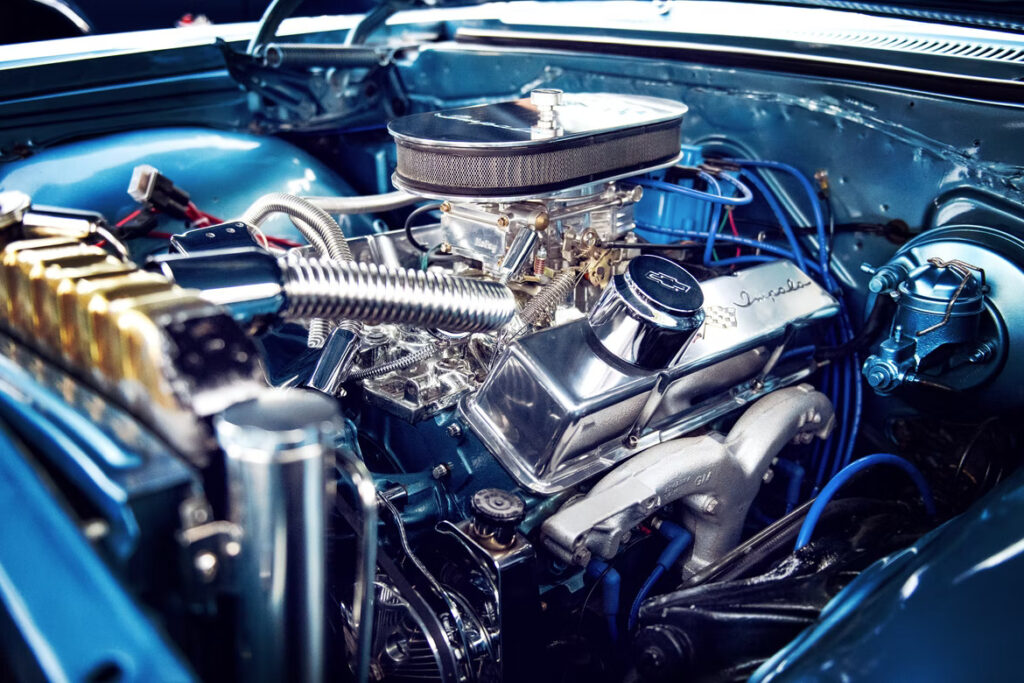When driving a car, it can be very startling to notice the engine shaking. This might signal a lot of things and if not looked into can cause more damage.
There are several causes of engine vibration in a car and they can be quite alarming and sometimes scary. In this article, we will be looking at the common causes of engine vibrations and the solutions to such problems.
What causes a car engine to vibrate?
Worn out or old spark plugs
One of the most common causes of engine vibration in cars is old or worn out spark plugs. Worn out spark plugs will cause the engine to misfire or not properly fire on each and every cylinder.
This is usually referred to as the engine missing or not firing on all cylinders. The easiest way to fix this is to install new spark plugs or to clean the old ones.
Loose or disconnected hoses
Another cause of engine vibration is hoses in the engine being loose or disconnected. A loose or disconnected air hose or vacuum hose can cause violent vibration of your car engine. To fix this problem, look for any loose or disconnected hose, attach them properly or get a new one.
Broken motor mounts
If you notice that your vehicle shakes violently or vibrates when parked or stops at a red light, then it is an indication that the motor mounts or the transmission mounts are either damaged or broken. One way to confirm is if the car stops vibrating or decreases while in the neutral position.
If it does, this is a good sign that there may be problems with your engine’s motor mounts and you should have the engine inspected by a qualified repair shop or professional mechanic.
Faulty or poorly adjusted fuel intake system
Another very common cause of engine vibration and shaking is a faulty or poorly adjusted fuel intake system. In some cases, such idling problems that cause the engine to shake may be as simple as adjusting the idle on the carburetor.
Another thing you can do is to clean out the components in the fuel intake system creating cleaner and more efficient combustion in the engine. This will go a long way in reducing any shaking or vibration in the engine.
Faulty timing belt
A faulty timing belt is also another cause of a vibrating engine. Timing belts or other belts that are loose or damaged will usually cause components such as the fans and other parts to not rotate.
Once this happens, there will be a reduction in the turning speed of the fans which might lead to vibration of the engine.
To avoid these types of problems, you should frequently inspect all of the belts in your vehicle to make sure that they are free from cracks and ribbing and also make sure that the belts are tight and operating as they should.
Can I drive my car if the engine is shaking?
It is not advisable to drive your car if the engine is shaking. This is because you might be causing more damage to the engine. What you want to do is to visit a mechanic and have it inspected. If there are any issues then you can have the parts replaced or fixed. Driving a vehicle while the engine is shaking is not a good idea.
Does the engine shaking cause loss of power?
This is usually the case. Engine vibrations will resonate throughout the entire vehicle and may result in loss of power. Which is why we advise you to immediately visit your mechanic to have your car checked once you notice this problem.
Conclusion
Noticing your engine start to shake is an indication that something is wrong with your vehicle. When you do notice it, you want to visit your mechanic and have it fixed immediately. To ensure that your car does not park up on you, you want to always run a vin check. A VIN check on the vehicle can give you insights to its past and discover more about what future maintenance it may require

